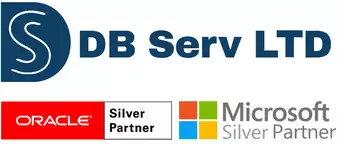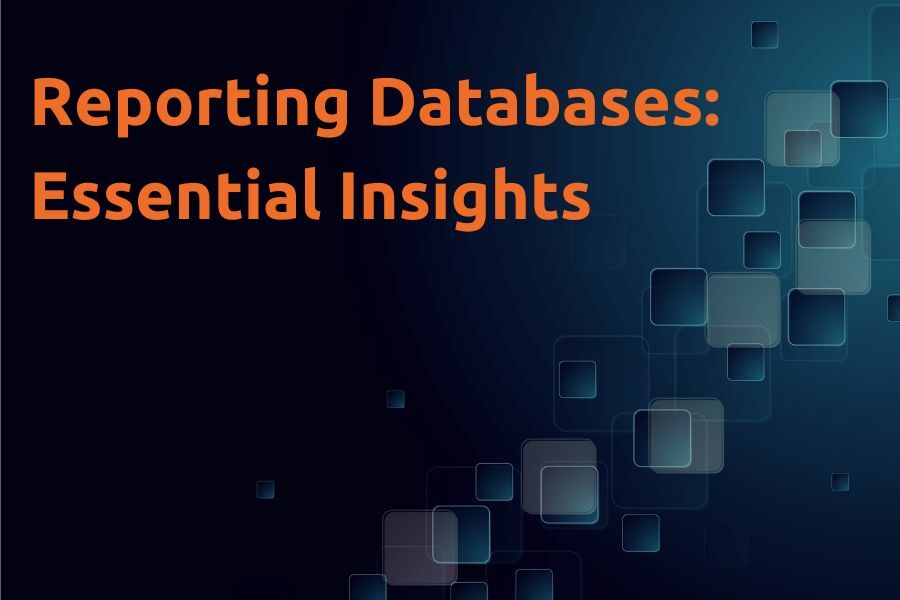Virtually every business has its own corporate software that utilizes a database. However, this is typically an operational database designed specifically for working with information, calculations, etc. Expanding its functionality to the level of a reporting database is often impractical as it only adds complexity to the DB, affecting its productivity.
Additionally, using the core DB to generate a database report will disrupt its structure. Therefore, it is much more practical to create a separate database reporting system and synchronize critical information with the main repository.
Today, you will learn about the importance of database reports and range tools for DBMS that will help organize an atomic system for analysis.
Understanding Reporting Databases
Chances are you’ve already heard of a reporting database, which businesses, analysts, and developers most commonly use. The system of this nature allows not only for generating reports but also supports a range of features such as information management, processing, structuring, and cleansing.
However, the real value of a database report lies in its separation from the main DB and its operation in read-only mode. Regarding data population, it usually connects to the main DB and copies the specified range of information.
Thus, any incidental changes do not affect the state of the operational database, and reports can be created from the obtained information in any format, including infographics.
How do Reporting Databases Optimize Data Reporting Processes?
A database report in real-time mode duplicates information from the main DB and structures it according to a specific set of conditions and rules. The obtained data are distributed into cells associated with certain tags, parameters, and formulas.
Database management and calculation systems allow for promptly calculating values for specific parameters, visualizing dependencies, temporal changes, etc.
Thus, administrators or other personnel can quickly gather and prepare a database report in a convenient format. Moreover, only defined types and formats of data are entered into this DB, so its productivity is significantly higher than when adapting the main database for these same tasks.
Most Commonly Used Reporting Databases
Despite myths about incompatibility between database reports from different systems, we will still venture to say that separate solutions can be created on different tools. The main trick is to use compatible (i.e., SQL-based) databases for the database report. Today, we will talk about a few of them.
Next, we’ll talk about reporting databases, in particular:
● Microsoft SQL Server
● Oracle
● MySQL
● PostgreSQL
● MariaDB
All the mentioned DBMSs perform excellently in the role of database reports and support active data collection from “parent” DBs.
So, let’s take a closer look at the mentioned solutions.
Microsoft SQL Server
A secure and reliable structured query language (SQL) system that can be used specifically for generating the database report. It is notable for providing a wide range of diverse tools for managing information, data modeling, and indexing.
The DBMS has powerful security features and differentiates access levels – a significant advantage for those who work with highly sensitive information. For example, for the management of healthcare institutions where the personal data of patients is entered.
Oracle
A well-known commercial system widely used for organizing operational DBs as well as creating reporting databases.
It boasts a powerful toolkit and is a sufficiently scalable solution, which is beneficial for businesses operating with significant data volumes and actively populating databases.
Like the previous case, the system’s functionality is ample for effective data management, creating analytical reports, structuring information, etc.
MySQL
We have the first free player, distributed under the GPL3 license. With this solution, you can create both local reporting database and cloud systems deployed on reliable platforms like Azure.
Regarding MySQL’s capabilities, they are only limited by users’ needs. The solution has strong community support, particularly from developers who create new plugins for the DBMS almost daily.
So, if you need to deploy a database reporting system, MySQL is an efficient and convenient choice.
PostgreSQL
Another candidate for the role of a database report generator for your business. It’s truly an enterprise-class solution, also classified as OSS.
PostgreSQL supports various data formats and types and boasts good performance and scalability potential. This is especially relevant for enterprises working with large volumes of information.
MariaDB
Roughly speaking, this potential database report generator can be classified as a MySQL fork. That is, the DBMS has similar functionality but is slightly expanded by developers and optimized for a range of specific tasks. For example, more powerful storage engine support has been introduced here.
Examples of Reporting Database Implementation
Regarding examples of reporting databases, the following cases are noteworthy:
1. Enterprise reporting: Using SQL DB to generate, for instance, sales infographics for a hypothetical month.
2. Education: The IT staff of a college generates reports on students’ academic performance broken down by groups, cohorts, etc.
3. Data Analytics: For example, creating infographics based on data types, classes, query frequencies, etc.
Of course, marketing can also be included here, as there is often a need to visualize statistical data from market research, target audience analysis, and so on.
Conclusion
The primary factor in choosing a DBMS for report generation is the business’s specific needs. If, hypothetically, Oracle suits one while MySQL suits another due to its simplicity and cost-effectiveness, then there are no clear favorites or leaders. The choice depends solely on the requirements.
If you’re unsure which DBMS to generate reports, turn to DBServ. We will help you choose a solution and configure it for you.

